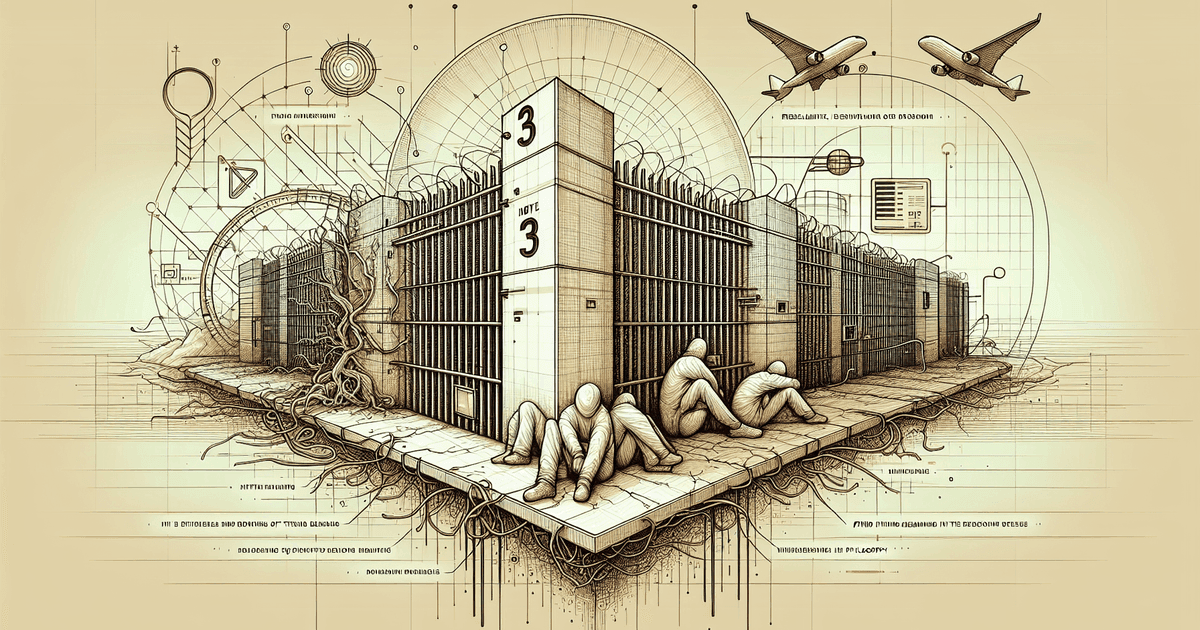The Weight of ‘3 Hots and a Cot’: A Lens on Confinement and Resilience
The phrase “3 hots and a cot”—slang for three daily meals and a bed—evokes stark imagery of bare-minimum survival. Often tied to prisons, shelters, or military barracks, it symbolizes life stripped to its essentials. But beneath its utilitarian surface lies a tapestry of human emotion: desperation, adaptation, and the quiet rebellion of enduring. Below, we dissect its thematic gravity through original quotes and reflections.
The Illusion of Sufficiency
“They feed you just enough to keep your hands from shaking, but never enough to steady your spirit.”
This quote encapsulates the paradox of ‘3 hots and a cot.’ Basic needs may sustain the body, but the soul withers in economies of scarcity. Films like The Shawshank Redemption and Midnight Express explore how institutionalized survival breeds a hunger for autonomy—one no meal can satisfy.
Time as a Prison
“A meal is a clock. A cot is a calendar. And every day is a lesson in counting what’s left.”
Routine becomes a cage when every action is dictated. The ticking clock of regimented life amplifies isolation, a theme echoed in works like A Prophet and Orange Is the New Black. Time stretches thin, yet memories and regrets swell to fill the void.
The Geography of Loneliness
“Three hots keep the body alive, but silence is what starves the soul.”
Physical confinement often pales next to emotional isolation. In Bronson or Shot Caller, characters grapple with the deafening quiet of solitary existence. The absence of meaningful connection turns even crowded spaces into deserts.
Reclaiming Identity in Uniformity
“They call it ‘three hots and a cot,’ but no one mentions the fourth hunger—the one for a name that isn’t a number.”
Systems that reduce individuals to statistics ignite a fight for selfhood. Stories like Cool Hand Luke emphasize how defiance—whether through rebellion or small acts of resistance—becomes a lifeline.
The Calculus of Dignity
“In the economy of survival, dignity is the currency they never let you earn.”
When survival is transactional, dignity becomes collateral. Films such as The Green Mile and Hunger interrogate how institutions dehumanize to maintain control. Yet, as one quote reminds us:
“Survival isn’t measured in meals or mattresses—it’s measured in the moments you refuse to let the walls define your sky.”
Conclusion: The Unseen Feast
The phrase ‘3 hots and a cot’ is a starting point, not an endpoint. It invites questions about what sustains us when material needs are met but emotional ones are neglected. As the final quote suggests:
“Freedom tastes bitter when you’ve grown accustomed to the arithmetic of captivity: three walls, one window, and a thousand unanswered questions.”
In cinema and life, the journey from surviving to living begins where the cot ends.
